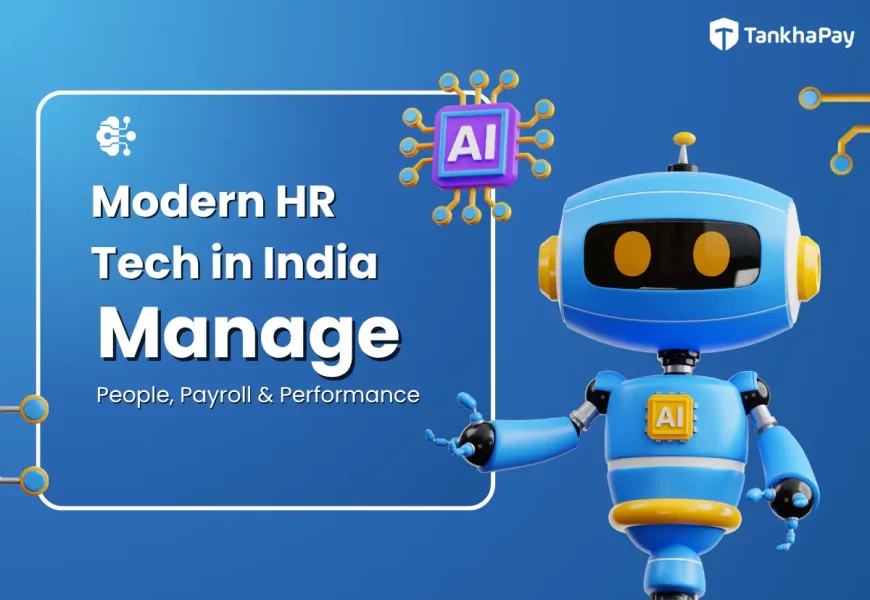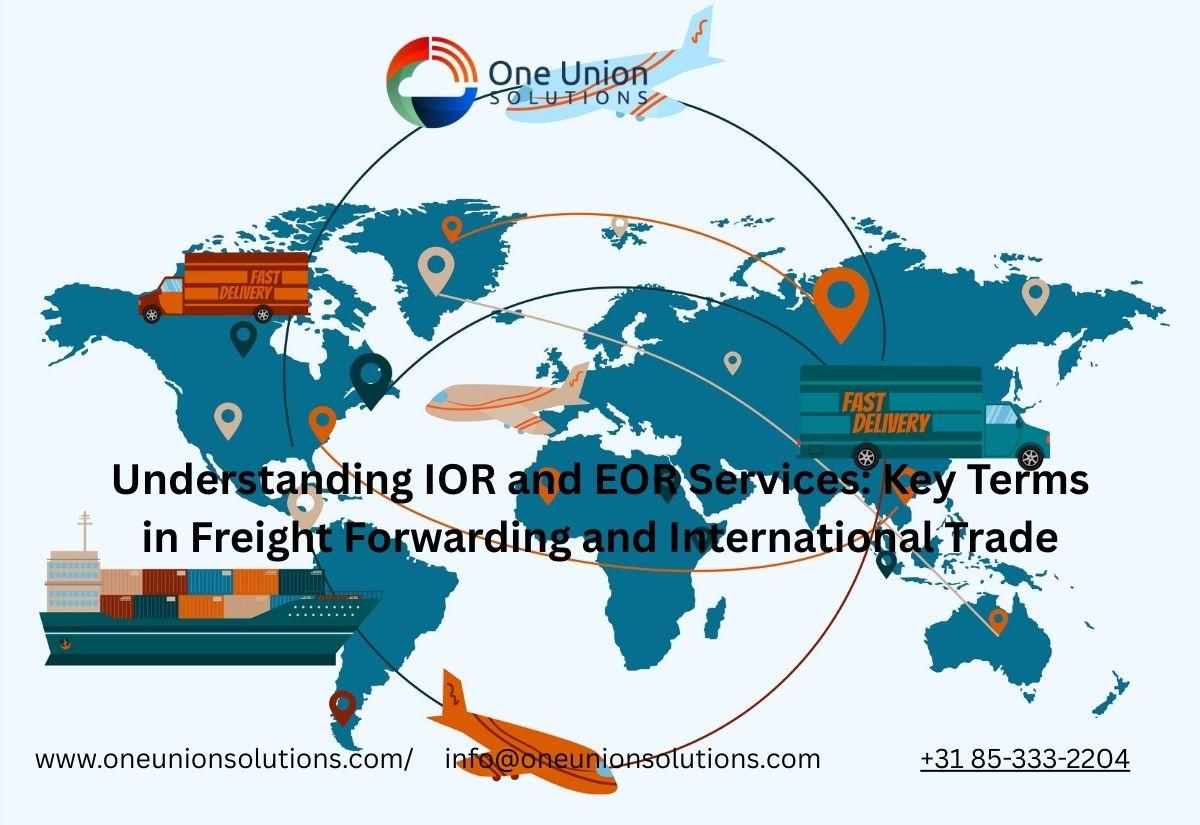HR Tech Trends 2025: Revolutionizing Human Resources Management

In today's fast-paced business environment, HR Tech—short for Human Resources Technology—has become the backbone of modern workforce management. HR Tech encompasses a wide array of software, tools, and platforms designed to streamline HR processes, from recruitment and onboarding to performance tracking and employee engagement. As we step into 2025, the HR Tech landscape is evolving rapidly, driven by advancements in artificial intelligence (AI), data analytics, and employee-centric solutions. These innovations are not just automating routine tasks; they're reshaping how organizations attract, retain, and develop talent. According to recent insights, the HR Tech market is poised for significant growth, with trends focusing on adaptability and human-technology collaboration.
In this blog, we'll explore the top HR Tech trends for 2025, drawing from expert analyses and industry reports to help HR professionals and business leaders stay ahead of the curve.
1. The Dominance of AI in HR Processes
AI continues to be a game-changer in HR Tech, moving beyond hype to practical adaptation. In 2025, organizations are leveraging generative AI for tasks like resume screening, personalized job recommendations, and even predictive analytics for employee turnover. For instance, AI-powered tools are automating recruitment by matching candidates' skills to job requirements more accurately than ever before, reducing bias and time-to-hire.
Moreover, AI is enhancing employee experiences through chatbots for instant HR queries and virtual assistants for onboarding. A key shift is from mere adoption to "AI adaptation," where HR teams focus on ethical implementation and upskilling to complement human decision-making. Reports highlight that AI-driven HR solutions are among the top priorities, with vendors developing high-value applications that exemplify market innovations.
2. Skills-Based Hiring and Strategic Workforce Planning
Gone are the days when degrees were the primary qualifier for jobs. In 2025, HR Tech is emphasizing skills-based hiring, addressing the growing skills mismatch in the job market. Platforms integrated with AI and machine learning are helping HR identify "new-collar" jobs—roles that prioritize practical skills over formal education, particularly in blue-collar sectors.
Strategic workforce planning tools are also on the rise, using data analytics to forecast talent needs and support upskilling initiatives. This trend is crucial for building resilient organizations, with people analytics playing a pivotal role in measuring and predicting workforce trends. As one report notes, skills over degrees is redefining human capital management, enabling more inclusive hiring practices.
3. Prioritizing Employee Well-Being and Experience
HR Tech in 2025 is increasingly employee-focused, with trends pointing toward platforms that enhance well-being and personalize the workplace. Financial wellness programs, mental health support apps, and AI-driven feedback tools are becoming standard, helping employees manage stress and achieve work-life balance.
Employee self-service portals and performance management systems are evolving to offer real-time insights and personalized development paths. This human-centric approach includes integrating diversity, equity, and inclusion (DE&I) metrics into HR Tech, ensuring fair practices across hybrid work models. Experts predict that prioritizing employee experience will drive higher engagement and retention rates.
4. Integration of Emerging Technologies and Analytics
The convergence of HR Tech with other systems, such as finance and payroll, is a notable trend for 2025. Embedded payroll solutions and blockchain for secure data handling are gaining traction, ensuring compliance and efficiency.
People analytics is another cornerstone, with HR Tech tools providing deeper insights into organizational culture and change management. Green policies are also emerging, with sustainable HR practices tracked via tech platforms. Overall, these integrations are fostering interconnectivity, balancing technology with human elements for a more efficient workplace.
5. Leadership Development and Change Management
Leader and manager development tops the list of HR priorities, supported by HR Tech platforms that offer training modules and performance tracking. In 2025, tools focused on human skills leadership—such as empathy and adaptability—are essential for navigating change.
Change management software helps organizations implement new HR Tech seamlessly, minimizing disruption. This trend underscores the need for HR leaders to embrace disruption while fostering a culture of continuous learning.
Conclusion: Embracing the HR Tech Revolution
As we look toward 2025, HR Tech is set to transform the workplace into a more efficient, inclusive, and employee-centered environment. By adopting these trends—AI integration, skills-focused strategies, well-being initiatives, and advanced analytics—organizations can not only boost productivity but also create thriving cultures. The key is to balance technology with human touch, ensuring that HR Tech serves people, not the other way around. Stay informed and proactive; the future of HR is here, and it's tech-driven. If you're in HR, now's the time to explore these tools and lead the change.








